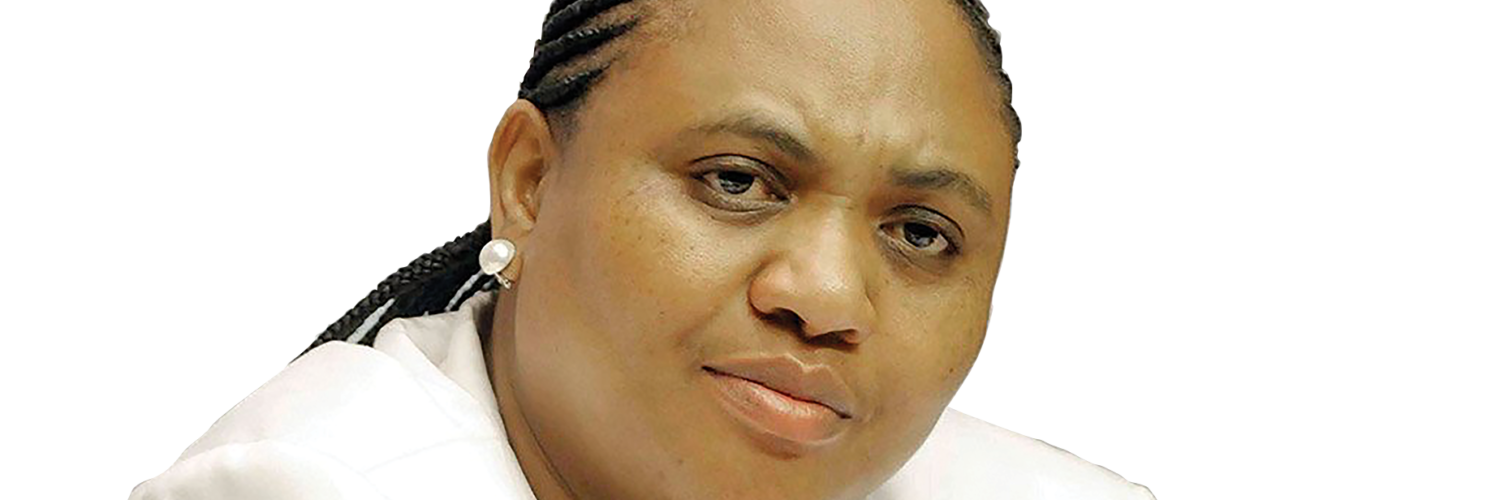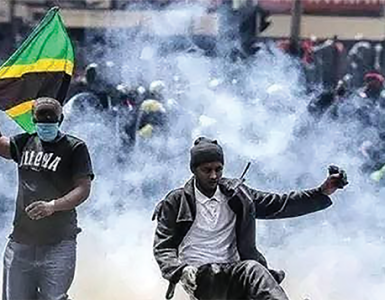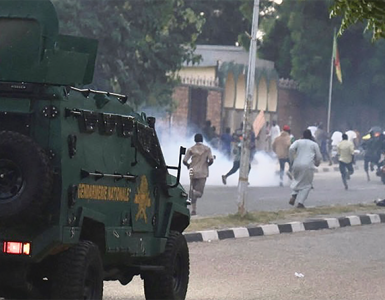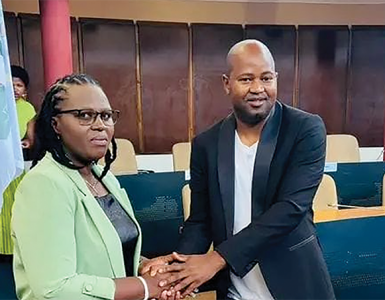The Government of National Unity’s midwife steers South Africa through birth pangs of 7th administration…
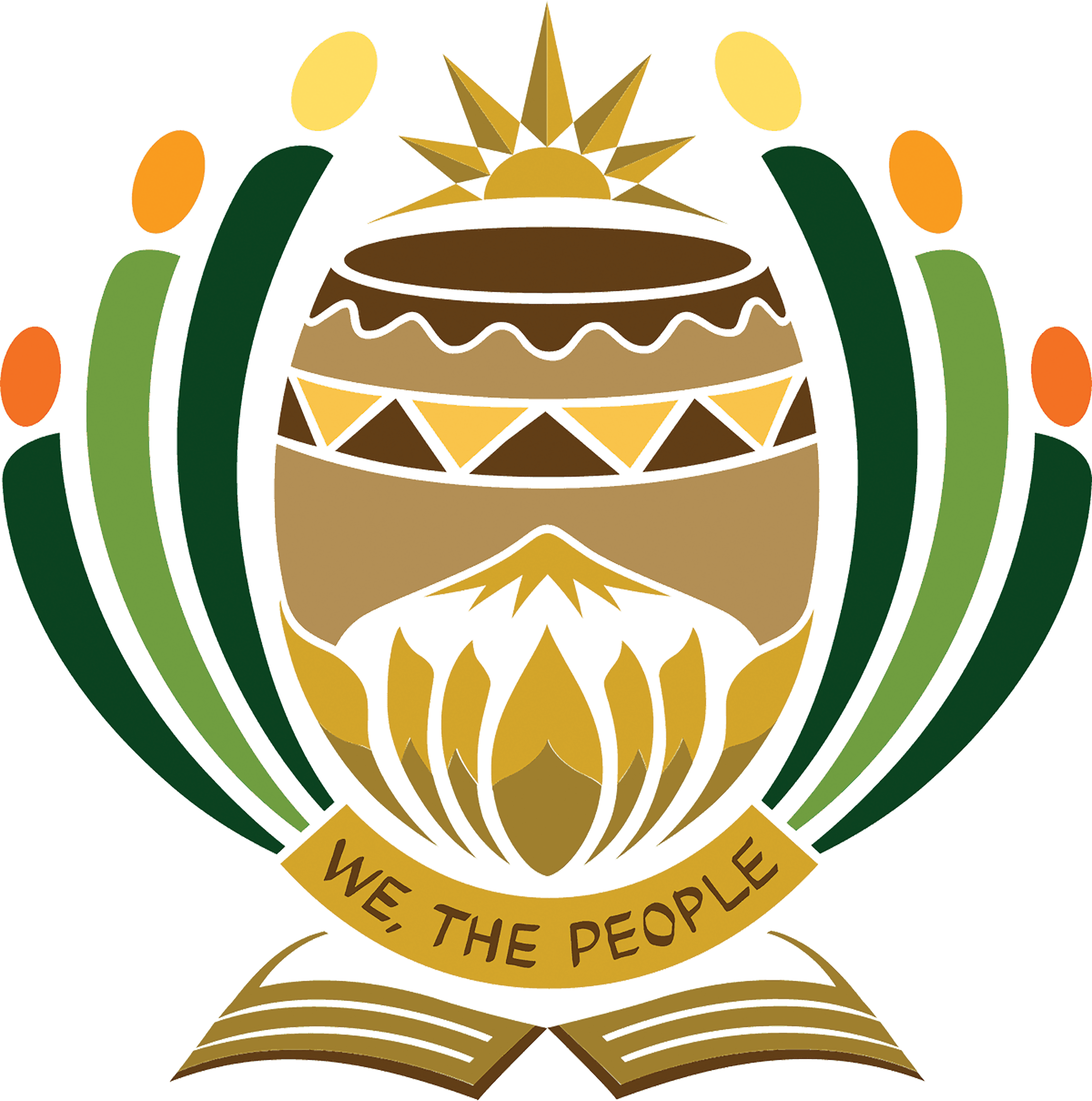
NEW ERA RAISES HOPES FOR STABILITY AND RAPID GROWTH
Mandate: Voters have given political parties last chance to deliver or be doomed…
By Monk Nkomo
The new Government of National Unity (GNU) has been hailed as possibly a viable dispensation that would bring stability, rapid economic growth and propel a speedy resolution to the high levels of poverty and unemployment in South Africa.
Described as a new chapter in South Africa’s political landscape, the GNU was spurred by the recent results of the country’s national and provincial elections which gave none of the major political parties – ANC, DA, EFF and IFP – a national majority vote. Amidst the dwindling number of voters, the message to the political parties was on the wall : Work together to steer the country out of this quagmire or be doomed.
This prompted the ANC, which had received 40,18 percent of the national votes, to lead the way in inviting other political parties for talks in the formation of a GNU. Two of its fiercest opponents, the DA and the IFP, immediately obliged – in the best interest of the country.
This week, both parties agreed to the framework to work together with the DA signing a Statement of Intent to help place the country where it rightfully belonged. ‘’ We need to find each other and form a stable government’’, said DA leader, John Steenhuisen shortly before nearly 340 new members of the National Assembly were sworn in by Chief Justice Raymond Zondo at the Cape Town International Conventional Centre in the Western Cape on Friday night.
Missing in action at this historical chapter was the Umkhonto we Sizwe party, whose 58 seats for its new members were unoccupied after the party had earlier indicated they would boycott the first sitting of this 7th Parliamentary Sitting in protest against the recent election results which they alleged were rigged. Their absence however, did not dampen the spirit that prevailed during the event that ran until midnight while parties nominated and voted for the Speaker, Deputy Speaker and the President of the Republic of South Africa.
Tensions turned into the spirit of unity and collaboration when most political parties – bar a few including the EFF and ATM – embraced the new chapter of politics in South Africa which began with the election of ANC stalwart, Thoko Didiza as Speaker. The DA’s MP, Dr. Annelie Lotriet was elected her deputy.
The position of President was also contested and pushed to a vote . The ANC’s Member of Parliament and new Chief Whip, Mdumiseni Ntuli, nominated Cyril Ramaphosa as President. Leader of the Inkatha Freedom party and MP, Velenkosini Hlabisa, showed support for the GNU by seconding the nomination. The EFF leader, Julius Malema’s name was also placed into the hat for the position. The process ended at almost midnight when Zondo announced the results.
A total three hundred and thirty-nine ballot papers were issued and counted with twelve spoilt votes. Malema had received forty-four votes against Ramaphosa’s overwhelming 283 votes. His victory was met by ululations and cheering and singing by the majority of the MPs who shook hands and congratulated him. ‘’ We have to work together. The electorate have given us the last chance. We must take this chance and forget about our personalities’’, said leader of the Patriotic Alliance, Gayton Mackenzie. ‘’ If we do not do that, this country is going to collapse. I support the GNU’’.
Steenhuisen told the august House that this was the beginning of a new era as he and his party were going to co-govern the country with other interested political parties and take South Africa forward. ‘’ The electorate have asked us to work together and this is the time to rise to the call from South Africans and forget finger-pointing. Our people must get value for their money. The DA is looking forward to work with President Ramaphosa.’’
The IFP leader, Hlabisa, said they were ready to serve in the GNU. They embraced the new era with an open mind to rebuild South Africa and to strengthen the state of governance. ‘’ Rest assured Mr. President that the IFP will always support you and if you shy away from your responsibilities, we will tell you.’’
The EFF earlier tried to bring the Phala Phala saga before the attention of the Speaker through a letter which was presented shortly after her election. Didiza however, informed the party that this issue which sought to impeach the President, was dealt with and settled by the previous Parliamentary administration. She however promised to respond later in writing.
In his congratulatory message to the President, Malema said his party was not impressed by the GNU which he described as a marriage between the ANC and the DA and warned him that history was going to judge him harshly. His party was also going to make sure that Parliament was functional.
In his welcome speech, Ramaphosa, thanked all those present including those who did not vote for him and promised to serve the country to the best of his ability. South Africa’s recent National and Provincial elections, he added, were the most contested and most compelling since the dawn of democracy in 1994.
The NGU has also been embraced at provincial level where the ANC, IFP, DA and NFP teamed up to narrowly beat the MK party to govern in KwaZulu-Natal where Thami Ntuli of the IFP was elected Premier. In Gauteng, where the ANC had not achieved the majority, Panyaza Lesufi was re-elected Premier, thanks to the ANC’s alliance partners including the DA. Briefing the media on the sidelines in Cape Town, shortly before the election of the President, ANC Secretary-General, Fikile Mbalula, said the door was still open for any political party that was interested in joining the GNU
SA GEARS UP FOR PRESIDENTIAL INAUGURATION
PREPARATIONS: Ceremonial elements to include, among others, a 21-gun salute, a salute flight by the South African Air Force, inspection of a SANDF battalion, a battalion march past and massed fly past…
By WSAM Reporter
All is set for the Presidential inauguration, which will take place on Wednesday, at the Union Buildings in Pretoria.
This is after Cyril Ramaphosa was re-elected as the President of South Africa on Friday at the first sitting of the National Assembly of the seventh democratic administration, which was held at the Cape Town International Convention Centre (CTICC).
Section 87 of the Constitution of the Republic of South Africa prescribes that the President of the Republic must be sworn in within five days after his or her election by the National Assembly.
The ceremony will be held at the Union Buildings Amphitheatre and its south lawns. The Amphitheatre will host national and foreign dignitaries, including Heads of State and Government. Preparations have been made for South Africans to participate in the ceremony.
The South African National Defence Force (SANDF) will perform the ceremonial elements of the inauguration, as they pledge their allegiance to both the Republic and the Commander-In-Chief.
The ceremonial elements will include, amongst others, a 21-gun salute, a salute flight by the South African Air Force, inspection of a SANDF battalion, a battalion march past, and massed fly past.
The President-elect would be sworn in by Chief Justice Raymond Zondo and would take an oath or affirmation as outlined in Schedule 2 of the Constitution. Thereafter, he will also deliver his inaugural address. Attendees will also enjoy an array of music genres and other cultural and artistic performances that reflect the achievements of the past three decades.
In terms of road closures, she said there will be no private vehicle access to the Union Buildings or the area immediately surrounding the venue.
Tshwane Metro Police will effect road closures in and around the Union Buildings precinct. Residents in streets affected by these closures will be alerted on how they will access various exits and entrances.
The ceremony will commence with an entertainment programme at 9am, while the formal proceedings are scheduled to commence at 11am.

